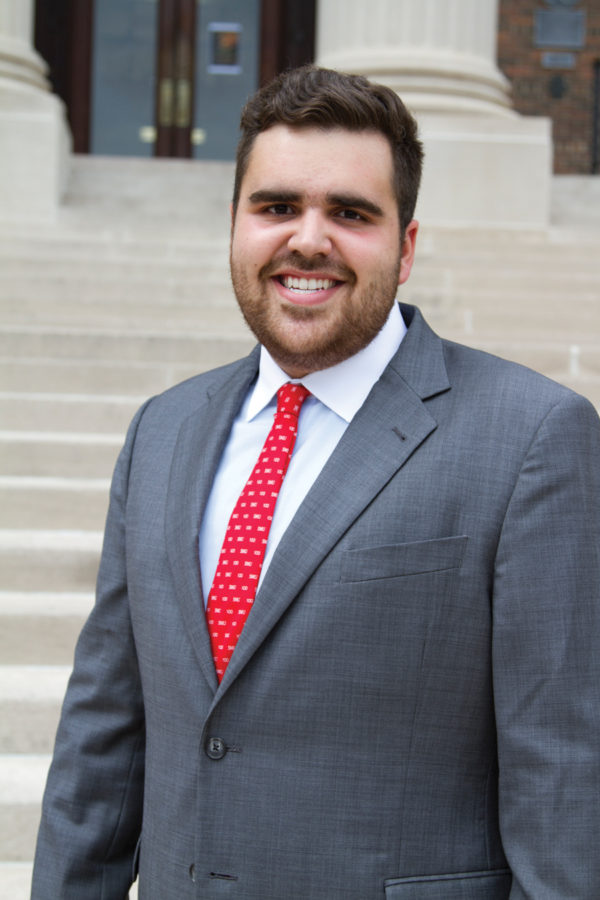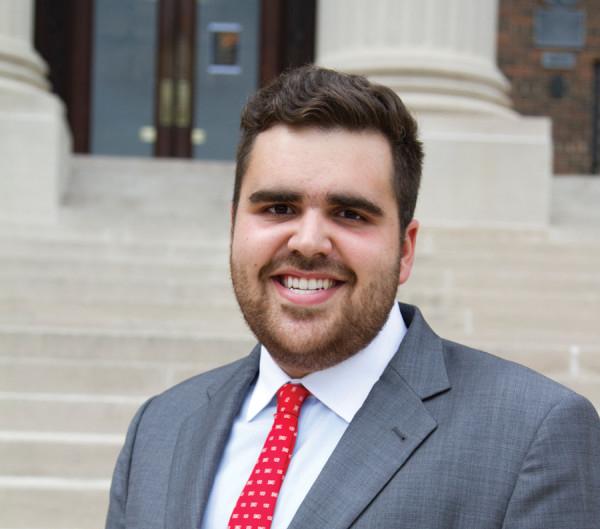
Students are preparing to launch an independent campaign against sexual assaults in the SMU community next month.
“Students were not taking ownership,” said Ramon Trespalacios, current Student Body President, of the on-campus sexual assault epidemic. “When students decide to do something together, that’s when change happens.”
The idea for the campaign has come out of a number of brainstorming sessions by a growing group of students who initially came to Trespalacios seeking advice. Now, the movement is well underway and more members of the student body and coming together to demand change from each other.
“It will be an initiative of students where we will ask students to stop being silent about [the issue of sexual assaults] and take action against it,” Trespalacios said.
“Given the number of sexual assaults we experienced on campus last year, we wanted to start a sort of grassroots movement,” said Student Body Vice President Jaywin Malhi. “[It’s] students creating pressure for their peers not to do these things.”
Malhi explained the ultimate goal is to ensure the number of sexual assaults on SMU campus reduces each year.
However, Malhi made clear that that goal should not come at the expense of students reporting fewer incidents.
“Some saw [the many sexual assaults reported in fall 2013] as discouragement,” Malhi said, “[but] sometimes numbers don’t tell the whole truth. There is some solace in knowing students are reporting assaults when they happen.”
Malhi explained that the campaign elements of the new movement will be “pushing the envelope a little bit further,” including posters featuring SMU student leaders with the message “not on my campus” written across their hands.
Trespalacios explained that students who want to join the movement would be asked to sign a pledge agreeing to uphold five statements. One paramount assertion the campaign will emphasize is, “drunk sex is not consensual sex.”
“We absolutely do not condone these actions and we are going to stand up and make sure these are reduced over the next couple of years,” Malhi said of the forward campaign methods.
The campaign is entirely student-driven, with no directives coming from university administration, according to Malhi.
“We, as students, are telling our peers not to do this,” Malhi said. “This is not coming from the administration, this is not coming from our parents. This is coming from us.”
Trespalacios explained that the sexual assaults plaguing the campus are not an isolated issue within factions of the student body.
“We don’t put ourselves in the shoes of those involved,” Trespalacios said. “It’s not a problem of one, it’s a problem of everyone.”
Similarly, the Obama Administration took its own steps to addressing the nation-wide campus assault problem last Wednesday.
The president signed a memorandum establishing the White House Task Force to Protect Students from Sexual Assault following the presentation of a report by the Council on Women and Girls.
The Task Force will be co-chaired by designees from the Office of the Vice President and the White House Council on Women and Girls.
The Associated Press reported Valerie Jarrett, Obama senior advisor and chair of the Council on Women and Girls, said in an interview last week that President Obama is dedicated to tackling the issue with full force.
“The president is committed to solving this problem, not just as president of the United States, but as a father of two girls.”









